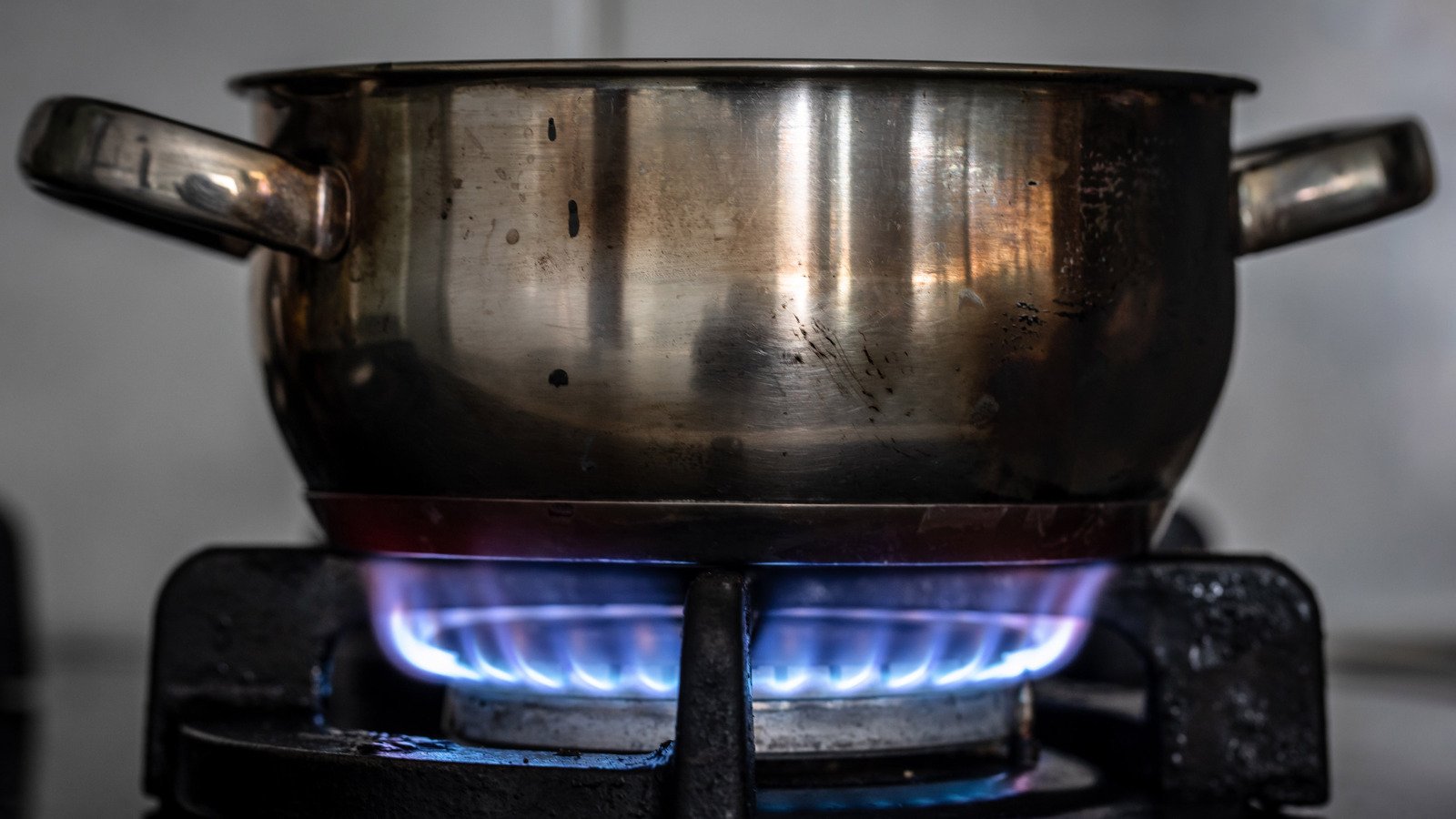Stop Believing The Myth That Gas Stoves Make Food Taste Better
When it comes to cooking, there are various factors that can affect the taste of our food. One long-standing myth is that gas stoves make food taste better than their electric counterparts. While gas stoves do offer certain advantages, it is time to debunk this myth and shed light on the truth. In this article, we will explore the reasons why gas stoves may not necessarily enhance the flavor of our meals, contrary to popular belief.
1. Heat Distribution
One of the main arguments in favor of gas stoves is their ability to distribute heat more evenly. However, when it comes to cooking, especially on a gas stove with an open flame, the heat is concentrated in a particular spot. This can lead to uneven cooking, resulting in certain parts of the food being overcooked while others remain undercooked. In comparison, electric stoves with flat, radiant coils provide a more consistent heat distribution, ensuring better cooking results.
2. Precise Temperature Control
Electric stoves offer a significant advantage over gas stoves when it comes to precise temperature control. With gas stoves, the controls often lack precision, making it challenging to achieve and maintain the desired temperature. This can lead to food being burnt or cooked unevenly if the temperature fluctuates. Electric stoves, on the other hand, allow for easier and more accurate temperature adjustments, facilitating better control over the cooking process and ultimately enhancing the taste of the final dish.
3. Retention of Moisture
A commonly overlooked aspect of cooking is the retention of moisture in food. Gas stoves tend to have a higher heat output, resulting in faster evaporation of moisture from the ingredients during the cooking process. This can be particularly problematic when preparing dishes that require a longer cooking time or delicate ingredients that need to remain tender and succulent. Electric stoves, with their lower heat output, provide a gentler cooking environment, contributing to better moisture retention and ultimately enhancing the flavor of the food.
4. Flavor Compounds
Contrary to popular belief, the type of heat source used does not add or enhance flavor compounds in food. The flavors in our meals primarily come from the ingredients we use, the cooking techniques, and the seasonings. While gas stoves may create a desirable char or sear on certain foods, this browning effect can be replicated on electric stoves with the appropriate cooking methods, such as broiling or using cast-iron pans. Ultimately, the flavors are determined by the recipe and the skills of the cook, rather than the choice between gas or electric.
5. Safety Concerns
One aspect that often goes overlooked is the safety concerns associated with gas stoves. Gas leaks or malfunctions can pose serious risks, including fire hazards and carbon monoxide poisoning. Electric stoves, on the other hand, do not have the same risks, making them a safer option for households, particularly those with young children or elderly individuals. Prioritizing safety over a perceived improvement in taste is always a wise decision.
6. Environmental Impact
Lastly, it is important to consider the environmental impact of our cooking choices. Gas stoves contribute to greenhouse gas emissions and contribute to indoor air pollution, particularly in poorly ventilated spaces. Electric stoves, particularly those powered by renewable energy sources, have a significantly lower carbon footprint. By switching to electric stoves, we can reduce our impact on the environment without compromising the flavor of our meals.
Conclusion
While gas stoves may have their advantages, believing that they make food taste better is a myth that needs to be debunked. Heat distribution, precise temperature control, moisture retention, flavor compounds, safety concerns, and environmental impact all play crucial roles in the cooking process and the taste of our food. When it comes down to it, the choice between gas and electric stoves should be based on personal preferences, cooking habits, and the specific needs of each individual. It is time to let go of the misconception that gas stoves inherently enhance the flavor of our meals and embrace the truth about the various factors that truly influence the taste of our cooking.
*Source www.foodrepublic.com




































